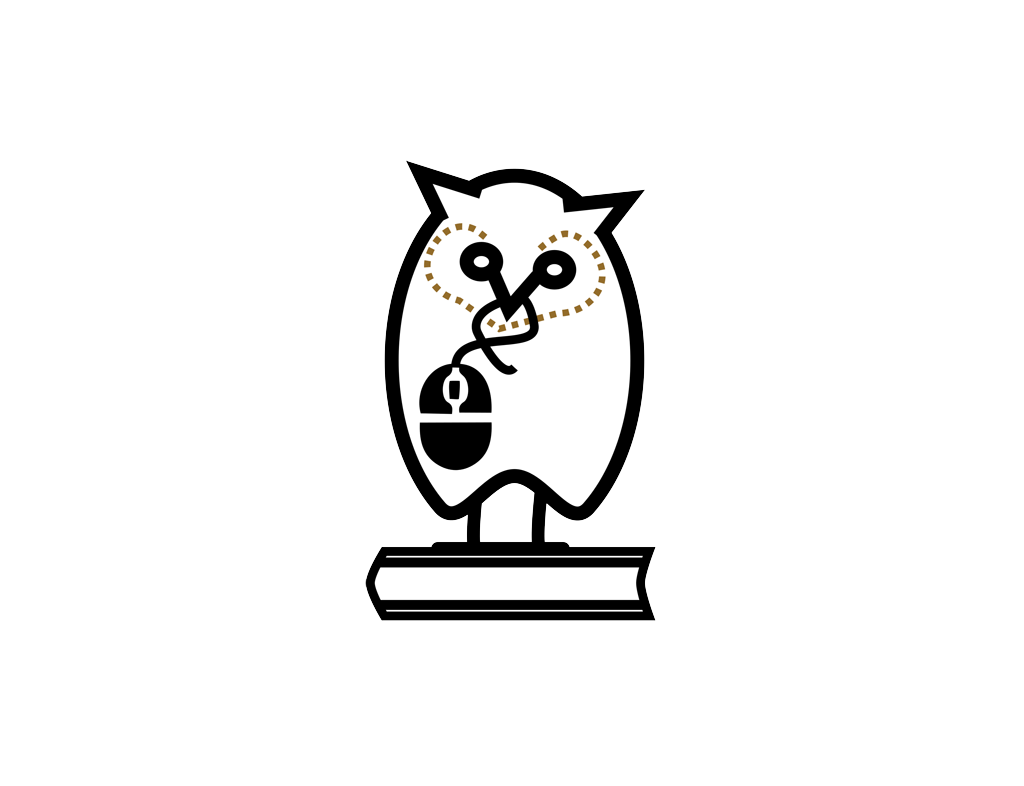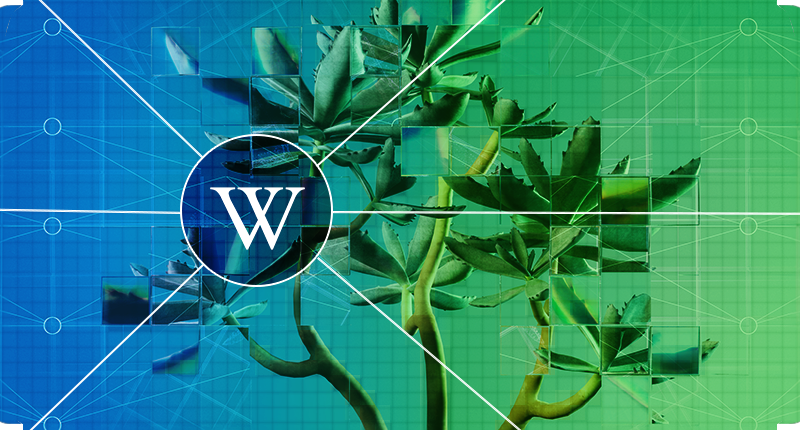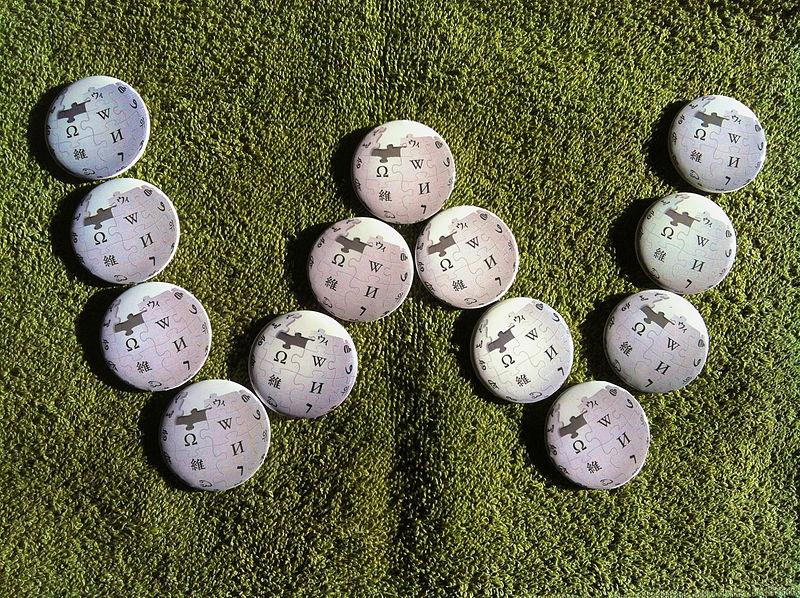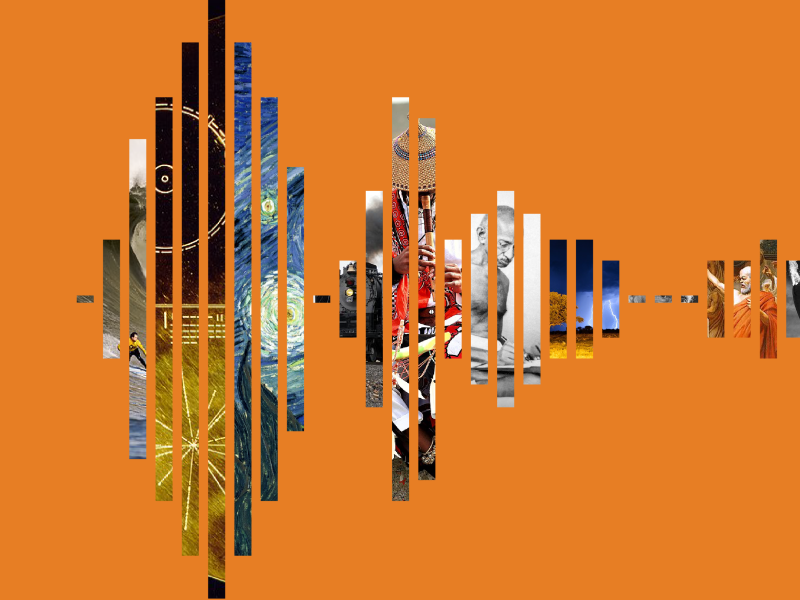The Wikipedia Library‘s core mission is to provide Wikipedians with the best possible access to research, to help them write better Wikipedia content. When we started this project, we quickly realized that universities, with their extensive collections and journal subscriptions, offered one of the best opportunities for Wikipedians to access scholarly materials.
This led to the creation of our Wikipedia Visiting Scholar program: a university gives a top Wikipedia editor free and full access to the university library’s entire online content—and the Wikipedia editor, who is unpaid and not on campus, then creates and improves Wikipedia articles in a subject area of interest to the institution.
Several universities have stepped up to pilot Wikipedians Visiting Scholars: George Mason University, Montana State University, University of California at Riverside, and Rutgers University. This experiment was a great success, with each institution producing at least a dozen well-researched articles, many of which have undergone community review as Featured or Good articles. In this report, we would like to share some of the great content and outcomes created by this Wikipedia Visiting Scholars program and our partner institutions.
Improving quality on Wikipedia
The main goal of the Visiting Scholars program is to equip Wikipedia editors with the highest quality resources, so that they can write the most comprehensive Wikipedia articles alongside the help of expert researchers. Montana State University Visiting Scholar Mike Cline, who focused his writing on the environment and Montana’s natural history, described the impact university library access had on his work:
Montana State resources have become part of Mike’s Wikipedia routine, “for every article I work on”.
Wehwalt, Wikipedia Visiting Scholar at George Mason University, used his access to develop an impressive 10 Featured Articles in the area of American history. He writes:
Two other articles that Wehwalt improved, Horace Greeley and Benjamin Tillman, have become featured articles since he first shared his experiences with us! These articles aren’t always ones other editors will write about: “Due to his racist views, Tillman is difficult to write about, and not a fun read. But our readers aren’t coming just to find information on nice people.”
At Rutgers University, we had two visiting scholars, and they saw their work as an opportunity to collaborate with the academic community to help fill diversity gaps on Wikipedia. As Staticshakedown noted, when we asked her about her joint appointment with WeijiBaikeBianji:
Library access strengthened the ability for all of our contributors to do what they do best: create content on Wikipedia, content that will become the most-viewed research starting point for hundreds of thousands of readers.
Striking up a conversation
Part of our goal with the Visiting Scholars program is to familiarize Universities Libraries with the practices of Wikipedia and to provide an accessible member of Wikipedia’s community on those campuses. Visiting Scholars Chris Troutman and Wehwalt found themselves in conversations with library staff at UC Riverside and George Mason, helping the library or professors become more familiar with Wikipedia’s research and writing practices. Mike Cline learned at Montana State University that there are plenty of opportunities to interact with faculty letting them begin to understand Wikipedia’s important role in communicating their knowledge:
Working closely with the library staff at Montana State helped Mike Cline create an article about the Library’s unique holding a trout and salmon archive in addition to a wide range of people and topics written about with a top notch regional collection and the guidance of the experts who curate it. “My only wish, personally, is that they would take even greater advantage of my [consulting] services,” Cline said.
Visiting Scholars at Rutgers University also seized further opportunities to participate in the campus environment. Staticshakedown shared:
Solving a critical problem
For all of our Visiting Scholars, this has been a great opportunity to fill in major gaps found throughout the encyclopedia and to ensure that the best scholarly materials—not just information that happen to be available on the open web—are leveraged to create public knowledge. This is an important mission, as Wehwalt points out:
Wikipedia Visiting Scholars offers an opportunity for the best keepers of knowledge—libraries—and the best sharer of knowledge—Wikipedia—to collaborate in disseminating knowledge to the public. We are proud to be able to facilitate these opportunities and deeply impressed by the contributions of this year’s prolific Visiting Scholars.
Join us
Would your research library like to host a Wikipedia Visiting Scholar? Let us know here.
To learn more about the program, visit the Wikipedia Visiting Scholars information page.
Alex Stinson, Project Manager, The Wikipedia Library
Jake Orlowitz, Project Lead, The Wikipedia Library
The Wikipedia Library is a nonprofit project funded by the Wikimedia Foundation.






